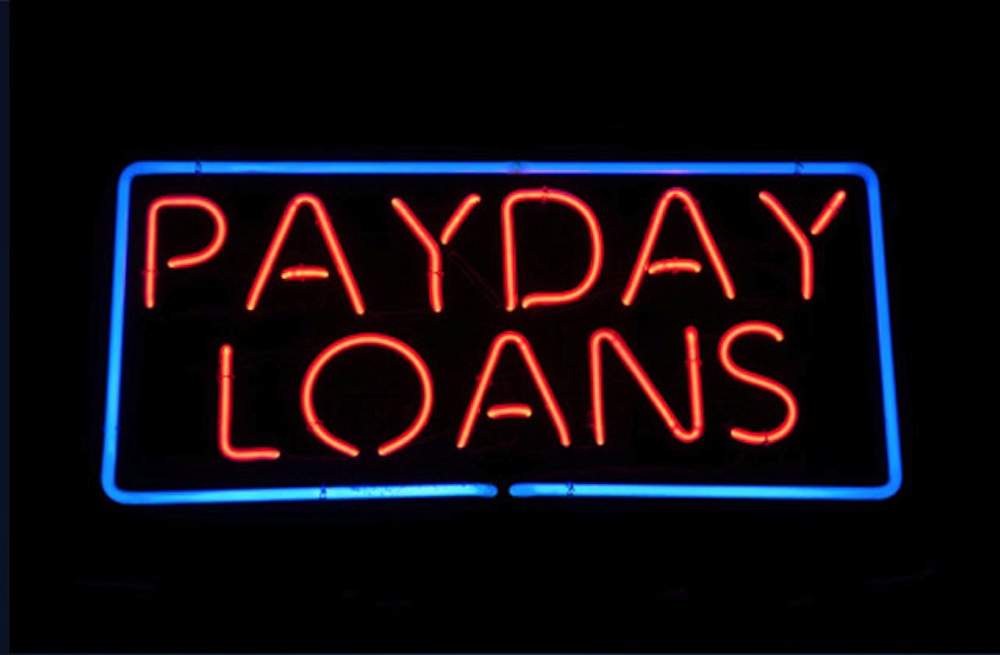A payday loan (also known as a paycheck or payday advance) is exactly what it sounds like: a small, short-term loan to cover a borrower’s costs until the following payday.
Payday loans only cover borrowers’ expenses until their next paycheck arrives. It is usually only for a short time (7 to 14 days) until full payment is expected. Payday loan leads legislation and laws can range significantly between states and communities within a state.
Some states and jurisdictions have stringent usury laws limiting how much interest a payday lender can charge. Payday loans are prohibited in some areas. On the other hand, some states have extremely limited payday lenders regulations.
Because payday loans are so short-term, the interest and APR can seem excessive compared to a standard personal or signature loan, often spread out over a year or more.
Depending on the provider, a typical payday loan could cost anywhere from $15, $20, $25, and up to $35 for every $100 borrowed. So, if you borrow $100 today, you’ll have to pay $115 or as much as $135 in two weeks. This is why shopping around, and comparing companies is a good idea.
Borrowers go to a payday loan establishment and get a modest cash loan, which they must pay back in full when they get their next paycheck (usually a two-week term). The borrower sends the lender a postdated check for the full loan amount plus costs. The borrower is expected to return to the store on the maturity date to repay the loan in person, and the check is returned. If the borrower fails to repay the loan in person, the lender may process the check manually or electronically from the borrower’s bank account.
Suppose the account does not have sufficient funds to cover the check. In that case, the borrower may be charged a bounced check fee in addition to the loan expenses, and the loan may be subject to extra penalties or a higher interest rate due to the failure to pay. Customers who cannot repay the loan by the due date should contact the payday loan firm as soon as possible to work out an extension so that the check is not deposited.
Payday lenders typically require borrowers to bring one or more recent pay stubs to demonstrate that they have a consistent source of income. A current bank statement is also required from the borrower. When it comes to approval, each company is unique. However, the payday loan will be granted if you can show that you earn enough to cover it.
Most people’s believe that going to a payday loan company is the last resort. It’s a step up from a pawn store and is seen as an indication of financial distress. As a result, many people prefer to use payday loan services more covertly. As a result, the number of online payday loan providers has exploded.
Email, online search, paid marketing, and referrals are all used to promote online payday loans. A consumer often fills out an online application form or faxes a completed application that asks for personal information, bank account numbers, proof of income, pay stubs, and other documents. A copy of a cheque, a recent bank statement, and signed papers are faxed by the borrowers. The loan is then approved.
The funds are transferred directly into your checking account. If you can fax from home, you won’t have to leave your house unless you need to take money from an ATM. It’s quite practical!
And more recently, some internet businesses have warned that “no faxing is required.”
The major difference with online payday loan company is that the loan is nearly always repaid in the same way it was granted… through an electronic withdrawal from your bank account. As a result, you must be certain that the funds will be available in your checking account by the payment due date.
In many circumstances of unexpected crises, such as auto repairs, heat going out in the middle of winter, etc., obtaining a Payday loan leads might be a pleasant choice. There are no credit checks. Therefore, it’s also a good option for folks with bad credit. You merely need to show that you have the financial means to repay the loan.
However, before accepting the loan, you must be fully aware of the entire repayment cost… and certain that you will be able to pay it… when it is due…



